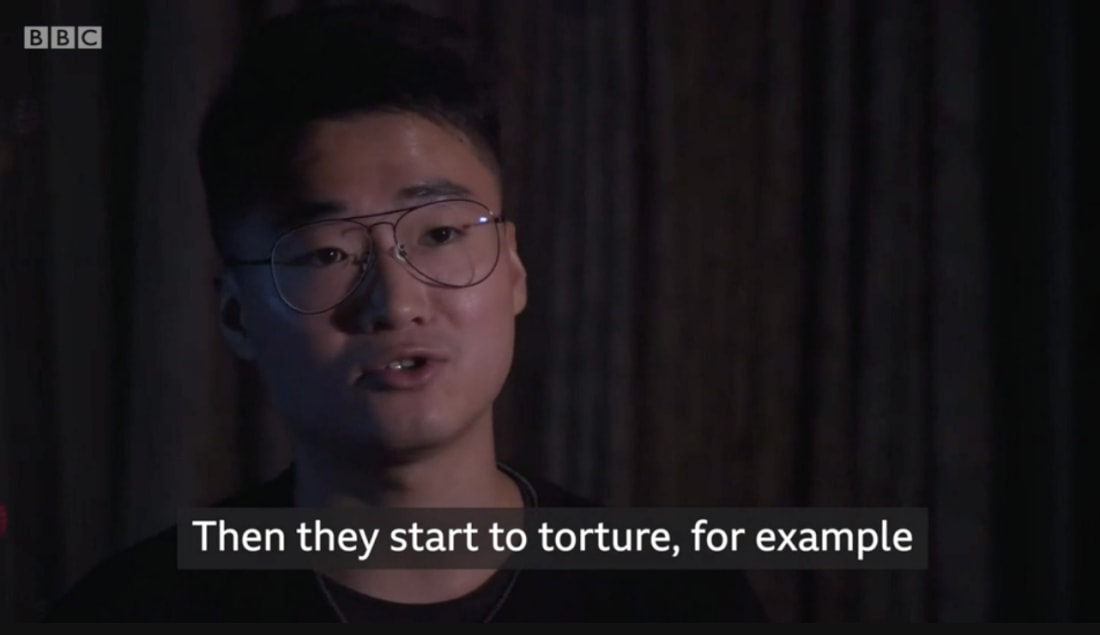Former British consulate worker Simon Cheng says China tortured him

Simon Cheng Man-kit (郑文杰 Zhèng Wénjié), a former employee of the British consulate in Hong Kong who was detained by Chinese security forces in August, has broken his silence with a statement on Facebook, and interviews with the BBC and the Telegraph.
Cheng says he was tortured, interrogated, and coerced into making a confession that he had solicited prostitutes. His description sounds familiar to anyone who has experienced the nightmare of being jailed in China when politics is involved. From the Telegraph piece:
Mr Cheng’s account, however, is similar to what former detainees, including political dissidents, have recounted to the Telegraph in previous interviews.
“The abuse described by Mr Cheng is the norm of Chinese police behaviour,” said Peter Humphrey, 63, a Briton who vanished himself inside China in 2013 for nearly two years and forced to confess to crimes he denies.
The British government has summoned the Chinese ambassador over the “brutal” treatment of Cheng, reports RTHK:
“Simon Cheng was a valued member of our team. We were shocked and appalled by the mistreatment he suffered while in Chinese detention, which amounts to torture,” British Foreign Secretary Dominic Raab said in a statement.
Other news from the City of Protest:
“Hong Kong had a rare day and evening of relative calm on Wednesday after more than a week of violence in multiple locations, including the fierce clashes at Polytechnic University, where 100 protesters are still defying surrender despite repeated pleas for them to leave the campus,” says the South China Morning Post.
“Hong Kong’s legal scholars have warned Beijing’s latest statement suggesting the city’s courts cannot rule on constitutional matters could spell the end of ‘one country, two systems,’ even as pro-establishment heavyweights sought to placate such fears,” according to the South China Morning Post. Or as the New York Times put it: In warning to Hong Kong’s courts, China shows who is boss (porous paywall).
The protesters whom the Chinese government calls “radicals” call themselves “frontliners” (前線示威者 qiánxiàn shìwēizhě), and they are the subject of this video documentary from Popular Front.






